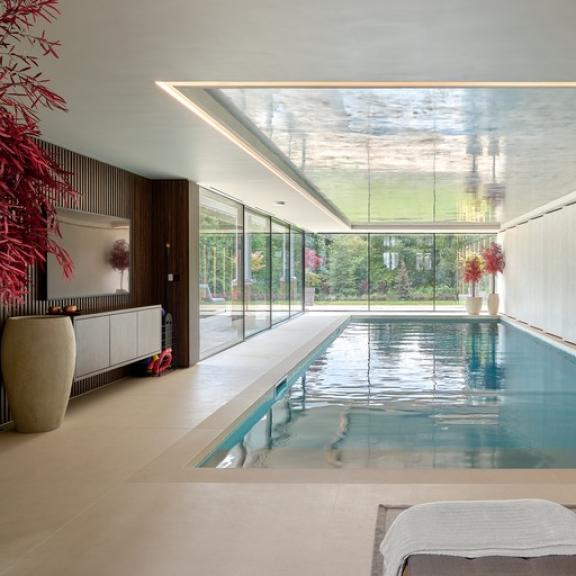5 Policies to Create or Update Now
The BIID suggests 5 policies every design practice should have.

The coronavirus and UK lockdown has resulted in many upcoming projects being cancelled or postponed. We know these are stressful times and designers are concerned about the future. However, this could also be an opportunity to ensure that the foundations are there for when the recovery arrives. Here are 5 suggestions of policies that every design practice should have – now might be the right time to review yours if it's been a while since they were created, or create them if you don’t already have them in place.
1) Privacy Policy
The General Data Protection Regulations (GDPR) came into law in the UK in 2018. Every interior design practice will store personal data of some kind (names, addresses and other details about your clients are considered ‘personal data’) and needs to ensure they are compliant with the law. Your privacy policy should be clearly displayed on your website (most companies feature it in their website footer) and it communicates what personal data you hold, where it comes from and how you use it. If you don’t already have a privacy policy you need to have one. GDPR is a very wide-ranging and complex piece of legislation and it can be quite overwhelming to try and understand all aspects of the law. However, your privacy policy is most likely to be few hundred words and should be written in very simple, plain English. The Information Commissioner’s Office (ICO) has published a helpful guide to drafting a privacy policy here.
2) Anti-Bribery Policy
Last year the BIID launched ‘Kick Out The Kick-Backs’, the campaign to end bribery in interior design. As part of educating designers as to what different forms bribery can take, we recommended that all design practices should publish an anti-bribery policy on their website. This article contains a number of straightforward questions practices can ask themselves to help draft this policy. Examples of questions you should ask are: If you receive hospitality or gifts from suppliers you work with, what would you consider entertainment or gifts that are acceptable vs those that are not? Could your remuneration and incentive arrangements potentially lead to corrupt behaviour? Your answers to these questions are the starting point for your policy.
3) Complaints Policy
Do you have a policy in place to deal with a compliant from a client? This doesn’t necessarily have to sit as a stand-alone document – it can be included in your client contract or terms and conditions. Providing your client with a Complaints Policy could potentially help you avoid larger problems later on. If the client understands that you have a process in place to deal with any complaints they may have, and you are able to deal with their complaint satisfactorily, they could be less likely to take their complaint to the BIID.
4) Cancellation Policy
If you are a designer who provides services to consumer clients then in most instances you will need a cancellation policy. UK consumer rights legislation requires any business that enters into a contract with a consumer in their own home, or via the internet (i.e. the contract wasn’t signed at your own office or studio) to offer a cancellation policy. Your client has the automatic right to cancel the services they have agreed to within 14 days of signing the contract. Whatever form your client contract takes, it must include a cancellation form (although your client is not required to use this cancellation form to cancel – they can just send you an email). An example of a cancellation form can be found in the BIID Concise Agreement for Interior Design Services.
5) Employment and/or HR Policy
If you have employees, you may have had your employee handbook and other staff policies and procedures drafted by a solicitor or HR professional many years ago. Now might be a good time to review these policies and see if they are still fit for purpose. Employment practices are continually evolving so it might be worth reviewing yours to see if they cover issues such as diversity and inclusion, bullying and flexible working. If your practice offers an internship programme, it might also be worth creating or updating your guidance for interns, so both parties have a clear idea of what is expected of them.
Remember – the world of interior design features a huge range of different business models and working practices so it is not possible for the BIID to create ‘one size fits all’ template. You need to create policies that are suitable for your own practice. However, you may find it useful to look at how other organisations (not necessarily from the design sector) draft their own policies to give you some ideas for how you might want to write yours. You can also get help via the BIID legal and HR helplines. If you have any questions, or suggestions for policies that we haven’t included in this list, please get in touch!
Explore new resources from the BIID. Seeing a padlock? Just login or become a member to view.
View the highlights from our 60th anniversary party
We asked Anna Burles: What makes the perfect software?
Discover the smart home technology awards with Platinum Partner, CEDIA
Explore the latest, member-exclusive, templates designed to make your life easier.
University of Gloucestershire wins the BIID Student Design Challenge 2025.





